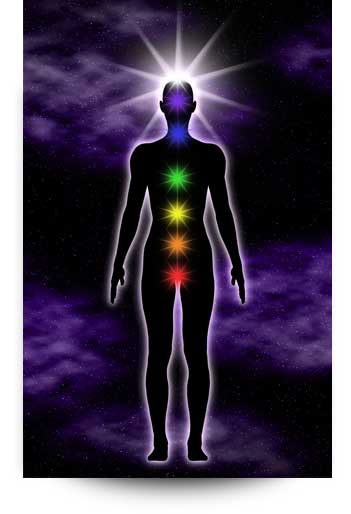Gratitude may be one of the most neglected tools that we all have at our disposal daily. Cultivating gratitude costs nothing and doesn’t take much time, but the rewards are tremendous.
The term gratitude comes from the Latin word ‘Gratia,’ which signifies grace, graciousness, or appreciation (depending on the context). Gratitude incorporates all of these meanings in various ways. It is a thankful appreciation for what one gets, whether it is tangible or intangible. Grateful people recognize the goodness in their life.
It is significantly and persistently linked with higher happiness. It assists individuals in feeling more pleasant emotions, appreciating wonderful experiences, improving their health, dealing with hardship, and developing great connections. According to studies, individuals who feel grateful are happier, exercise more, have fewer bodily issues, and are more optimistic about life.
Benefits
Gratitude impacts intangible traits such as determination, altruism, vitality, attention, and social sensibility, as well as sleep quality. The health advantages are so obvious that studies show direct correlations between gratitude and the avoidance of significant physical problems.
According to positive psychology studies, it affects various aspects of our life. Our emotions. Personality. Social dynamics. Career opportunities and good health. All of these things may help to boost our overall well-being.
People who frequently practice gratitude by taking time to observe and reflect on the things they’re grateful for feel more alive, sleep better, exhibit more compassion and generosity, and even have stronger immune systems.
The social benefits are particularly important in this case since gratitude is a social emotion. It’s a relationship-strengthening feeling since it forces us to consider how we’ve been supported and affirmed by others.
Here are some of the many benefits of cultivating gratitude:
- Gratitude results in stronger immune systems.
- Grateful people sleep better.
- Help people recover from substance misuse.
- Increase our frequency of exercise.
- Improve our overall physical health.
- Gratitude enhances empathy and reduces aggression.
- Gratitude blocks toxic, negative emotions—such as envy, resentment, regret.
- It reduces depressive symptoms.
- Gratitude unshackles us from toxic emotions.
- Gratitude makes us feel good.
- We become more alert, alive, and awake.
- Results in more optimism and happiness.
- Gratitude improves self-esteem.
- Make us happier.
- Through gratitude, one becomes more helpful, generous, and compassionate.
- It fosters forgiving.
- We become more outgoing.
- We feel less lonely and isolated.
- Improves our romantic relationships.
- Strengthen family relationships in times of stress.
- Reduces feelings of envy.
- Gratitude develops our personality.
- Grateful people have a higher sense of self-worth.
- It makes one look charismatic.
- Gratitude advances our spiritualism.
- Provides divine joy and pleasure.
Ways to Express Gratitude
People express and experience gratitude in a variety of ways. They may use it in the past (recalling happy memories and being grateful for aspects of childhood or prior blessings), the present (not taking good fortune for granted as it happens), and the future (maintaining a hopeful and optimistic attitude). Regardless of an individual’s innate or present degree of appreciation, it is a trait that may be effectively cultivated further.
You may express gratitude in a variety of ways, including:
- Journaling
- Paying attention to the little details in life, such as the birds in the trees.
- Telling someone you appreciate them or anything they did for you, even though it was a long time ago.
- Doing something kind for someone in your life to show your appreciation.
- Focusing your attention on the good things in your life.
- Expressing gratitude via prayer.
To Cultivate Gratitude In Your Daily Life, Check Out This Journal:
This 52-weeks gratitude journal is a self-discovery quest. It is designed to provide you with the skills you need to practice everyday gratitude. Each well-designed weekly layout includes an inspirational quote, room to write 3 things you’re grateful for each day of the week, and a checkpoint every 4 weeks.
It’s not just any gratitude journal that bombards you with questions. Rather, it delves deeper into the subject, exploring the human psychology underlying thankfulness, why we fail to exhibit gratitude, and how to practice gratitude the right way.






This a great feature. Really Cool. Respect an opportunity to get super stats regarding units blogs and forums, too! I serious like everything about this wundabar artical…
I am not sure where you are getting your info, but good topic. I needs to spend some time learning more or understanding more. Thanks for excellent information I was looking for this info for my mission.
You really make it appear so easy together with your presentation but I find
this topic to be really one thing which I believe I might never understand.
It seems too complex and extremely vast for me. I am having
a look forward on your subsequent put up, I will try to get the dangle of it!
What’s up everyone, it’s my first pay a quick
visit at this site, and article is really fruitful in favor of
me, keep up posting these types of posts.